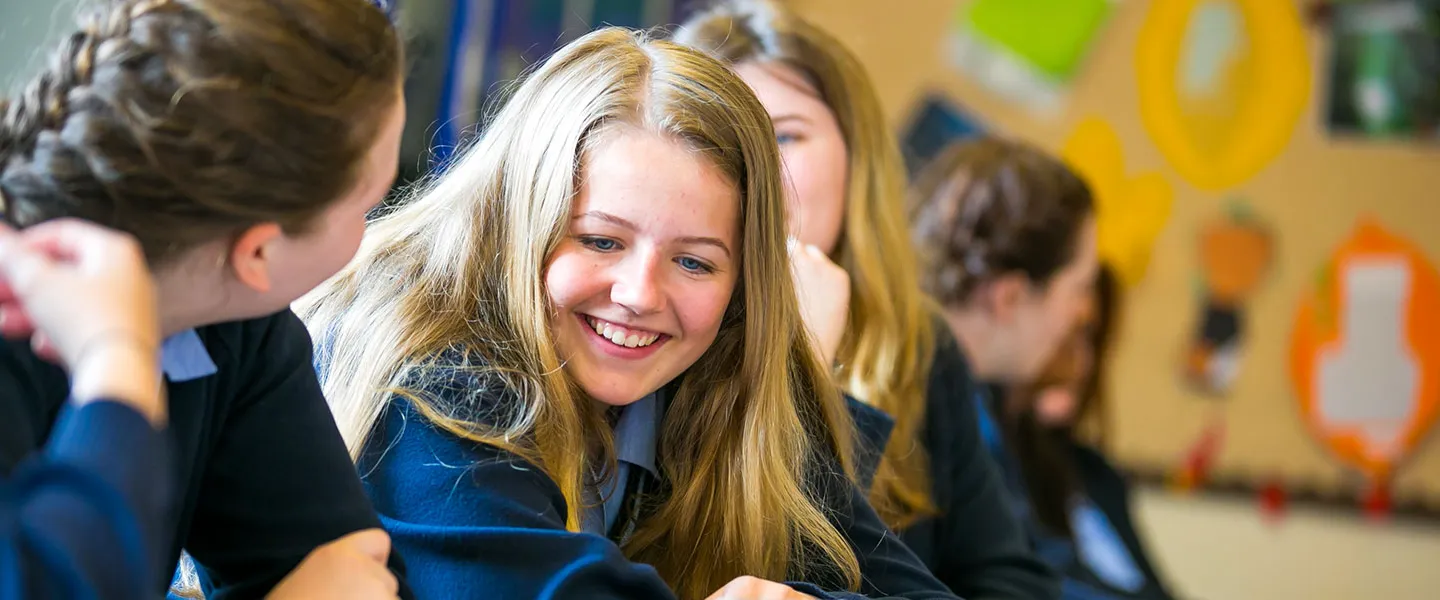The role that science can play in meeting the world's growing demand for food was the topic at the latest in Queen's Academic Lecture Programme.
Insect expert Dr Joe Roberts spoke about the challenges we all face in producing enough food to meet the needs of a world population that is projected to reach 10 billion people by 2050.
"In 30 years’ time we will need to increase food production from present levels by 56% and controlling pests effectively could go a significant way to meeting this target," said Dr Roberts, a lecturer in entomology and integrated pest management at Harper Adams University.
"The challenge is how to boost food production in a way that doesn't ruin the planet. We therefore need to move away from the current model that relies on the over-use of chemical pesticides."
Dr Roberts, himself qualified in biology and chemistry, explained how the over application of pesticides had led to problems such as insect resistance. His main area of research is now into how natural chemicals derived from plants can be applied to deter insects from attacking crops. He also advocated the use of a more sophisticated and holistic system known as Integrated Pest Management to reduce pest problems and boost crop yields.
Still to come:
Tue 2 March
'Epidemics and Pandemics - from Cholera to Covid-19.' (Rebecca Baritt, Edge Hill University)
Tue 20 April
(TBC) ‘Ultrasound in Phonetic Research’ (Dr Claire Nance, Senior Lecturer in Phonetics and Phonology, Lancaster University)
